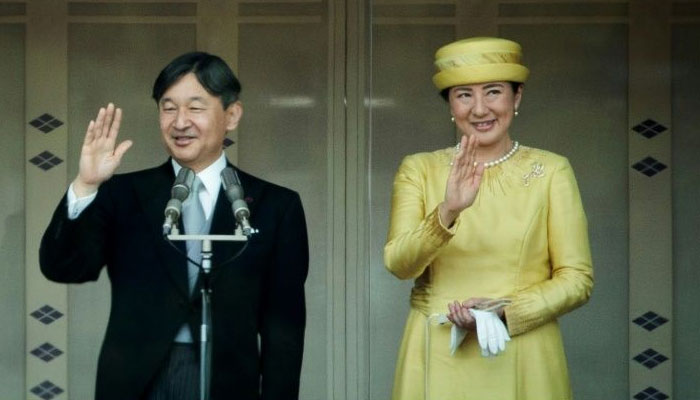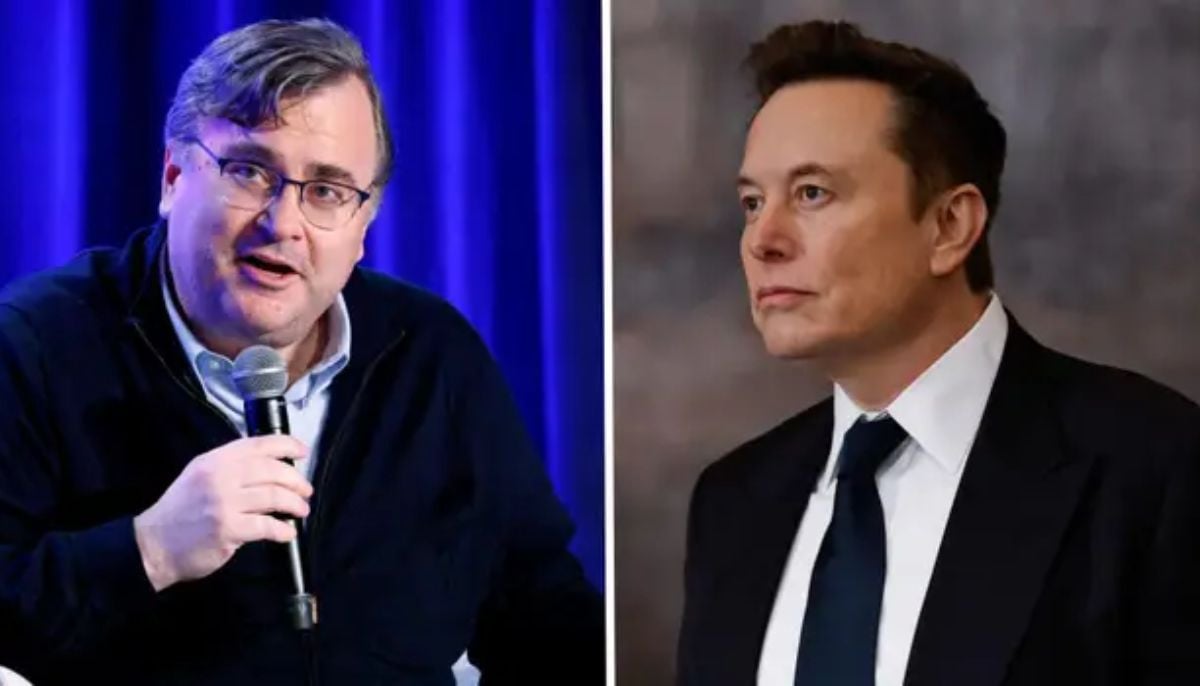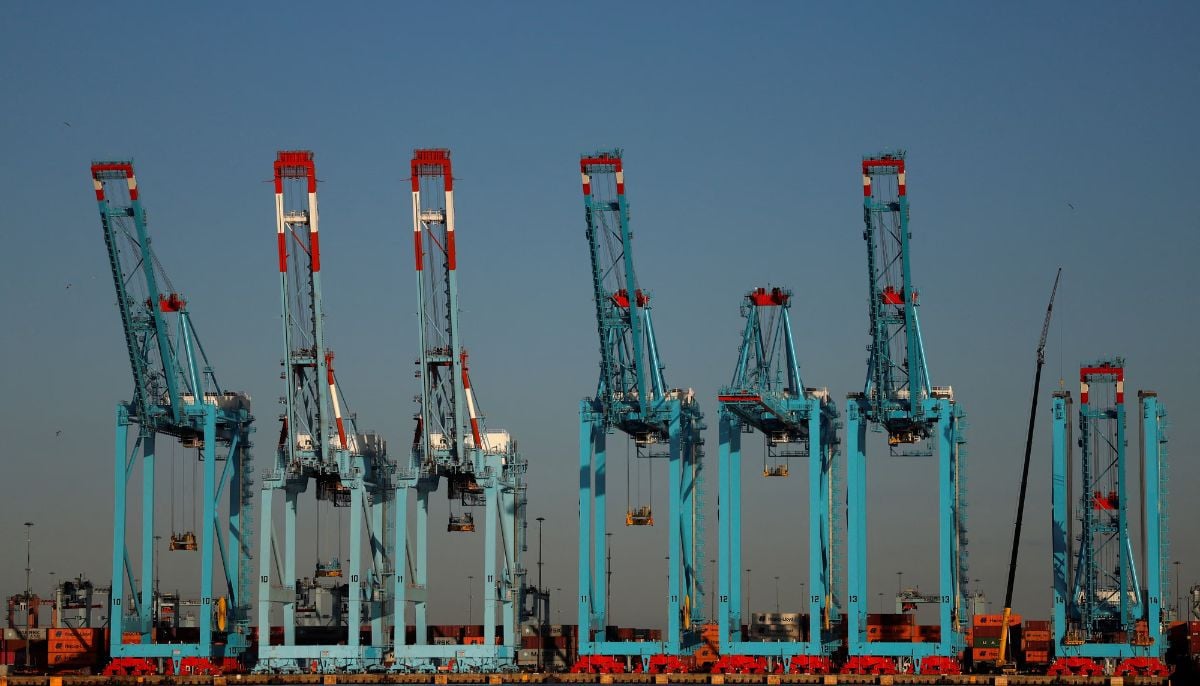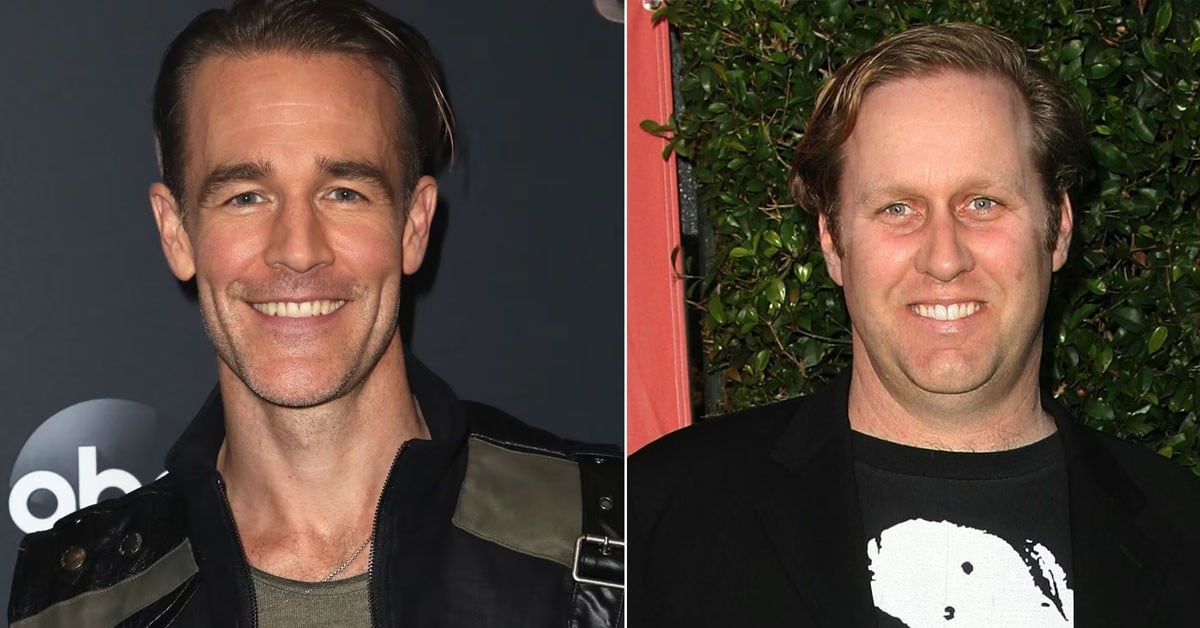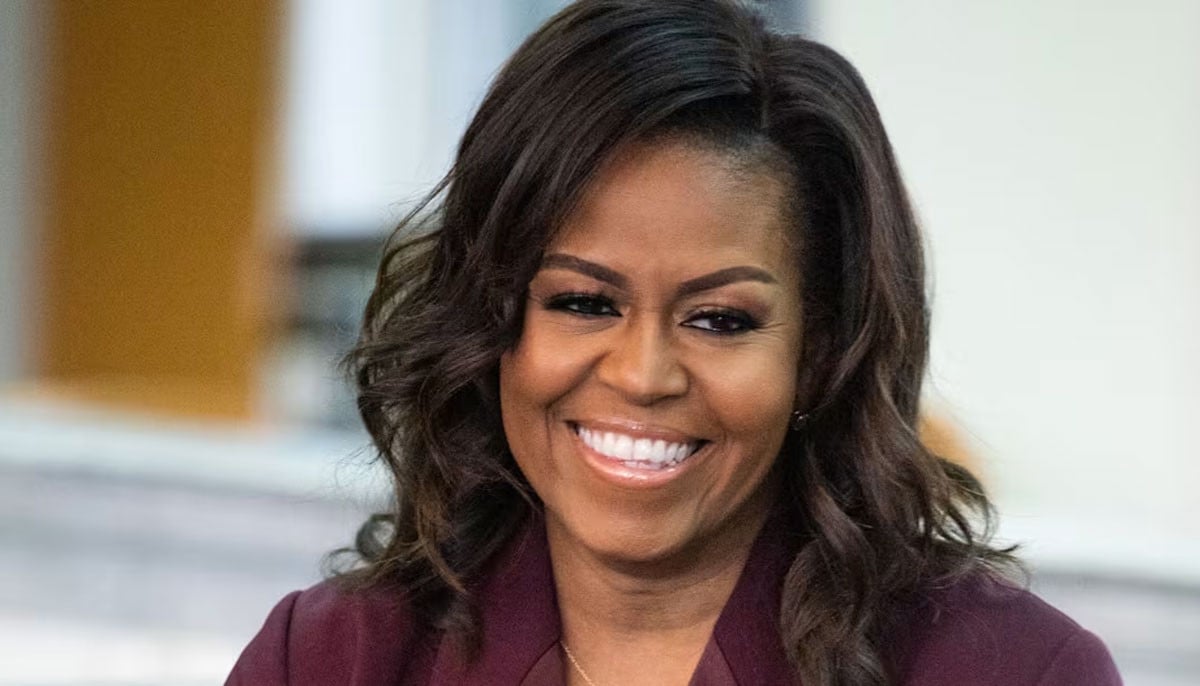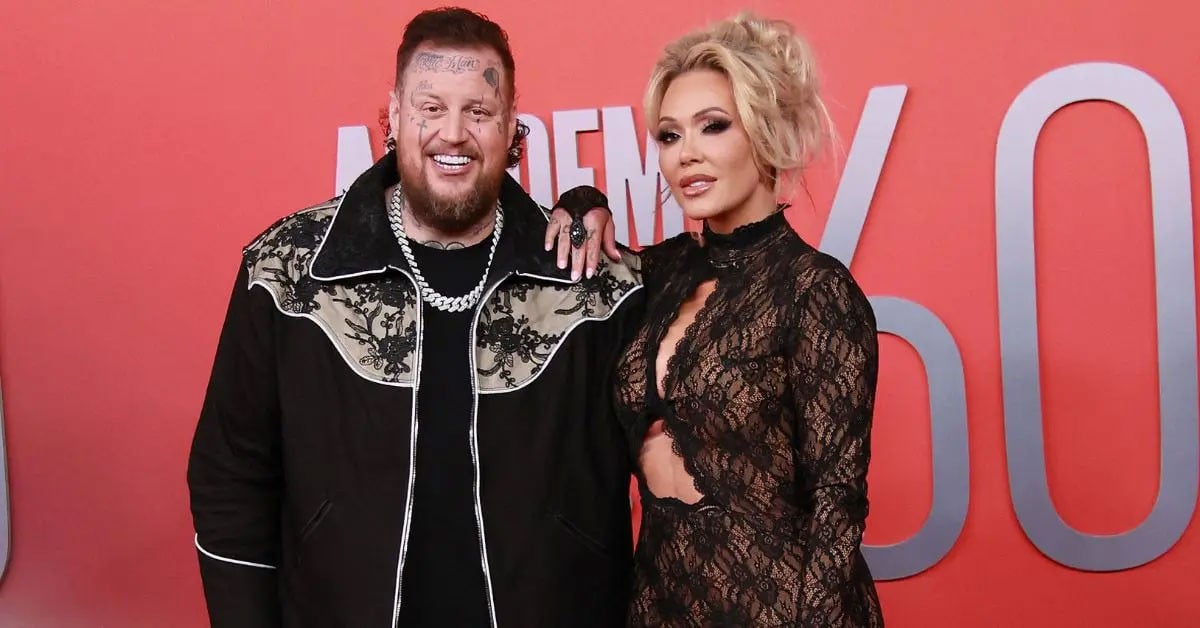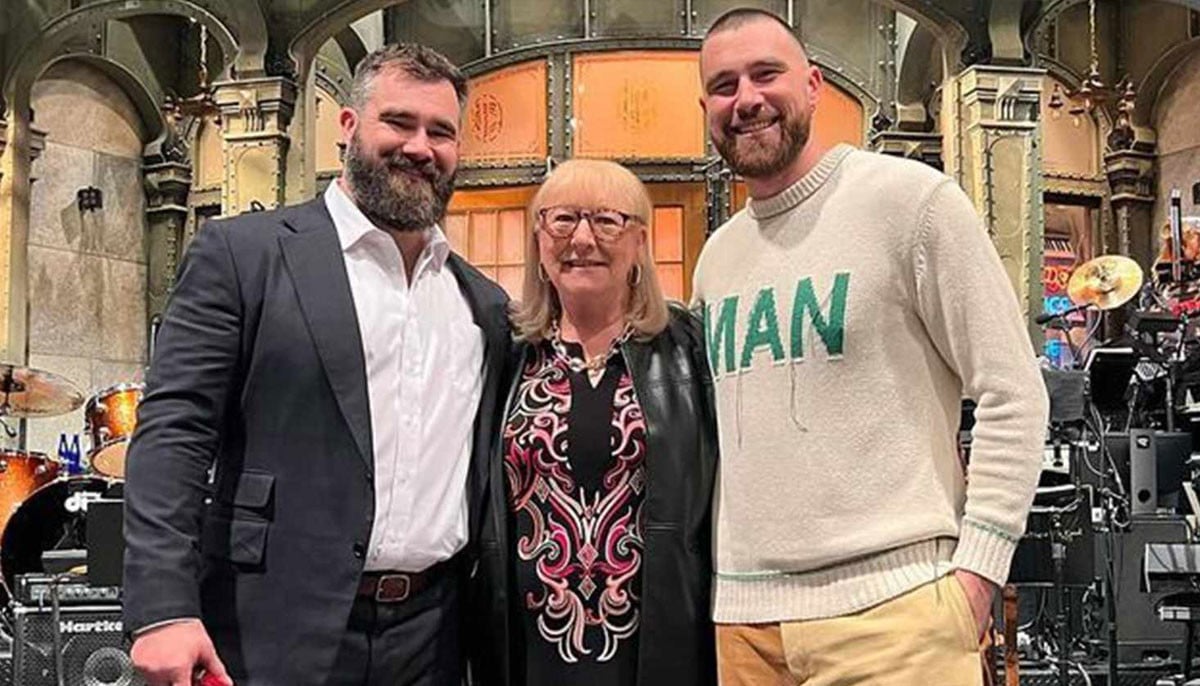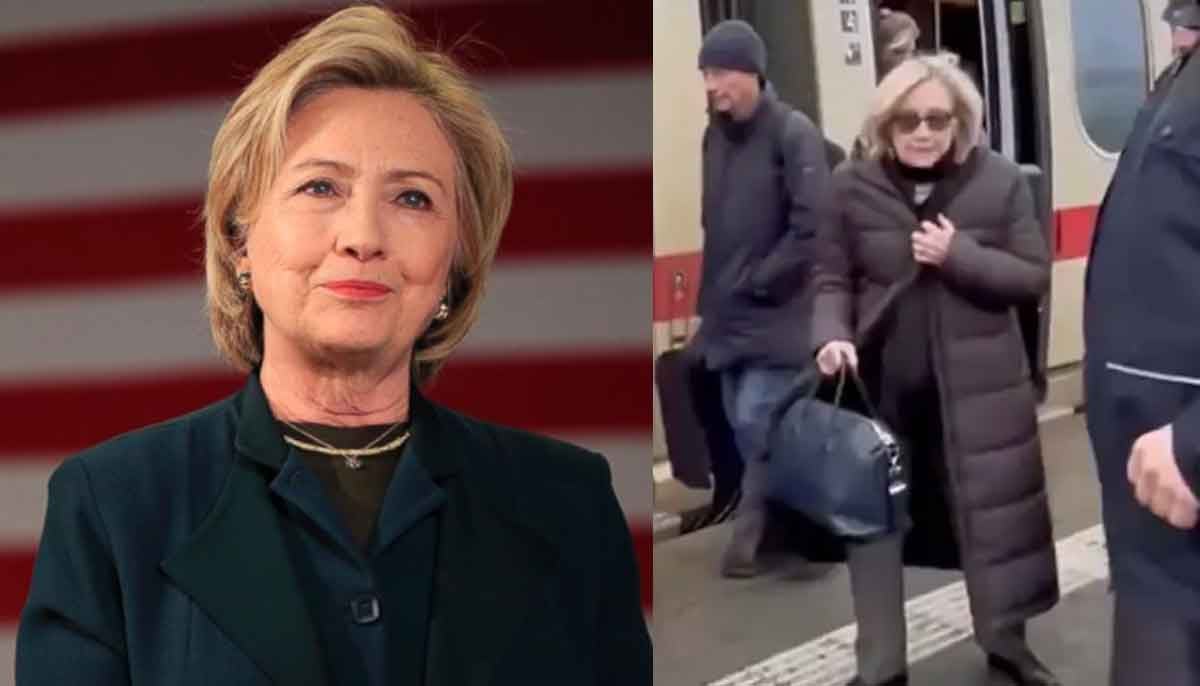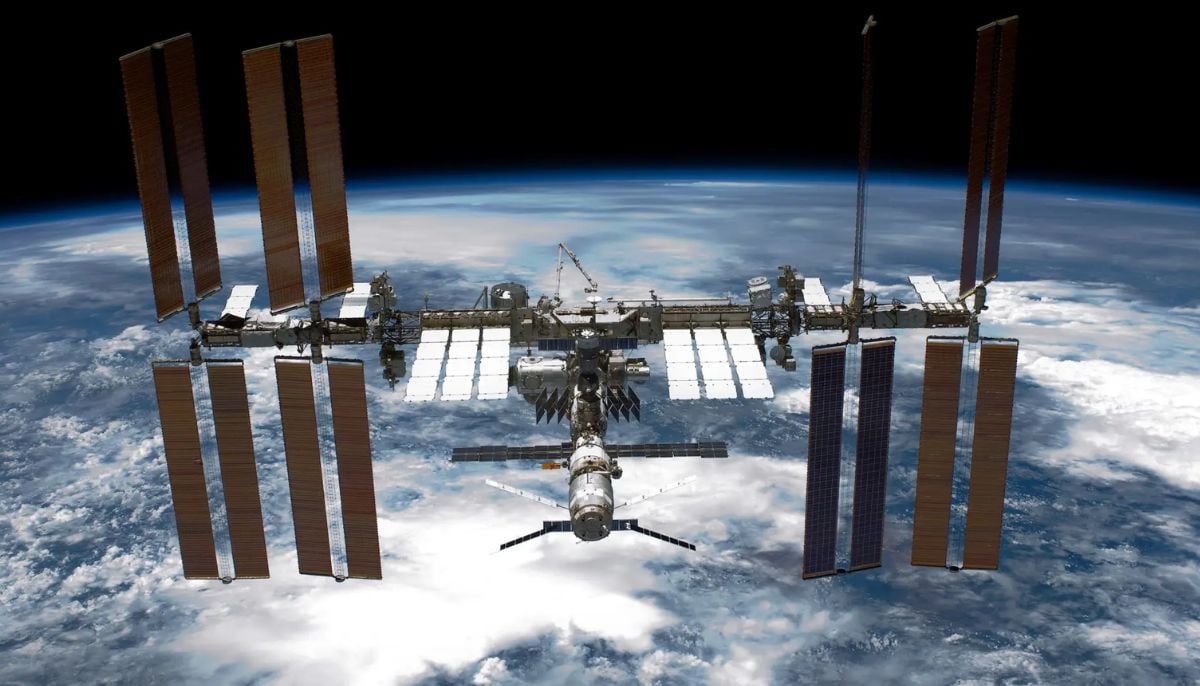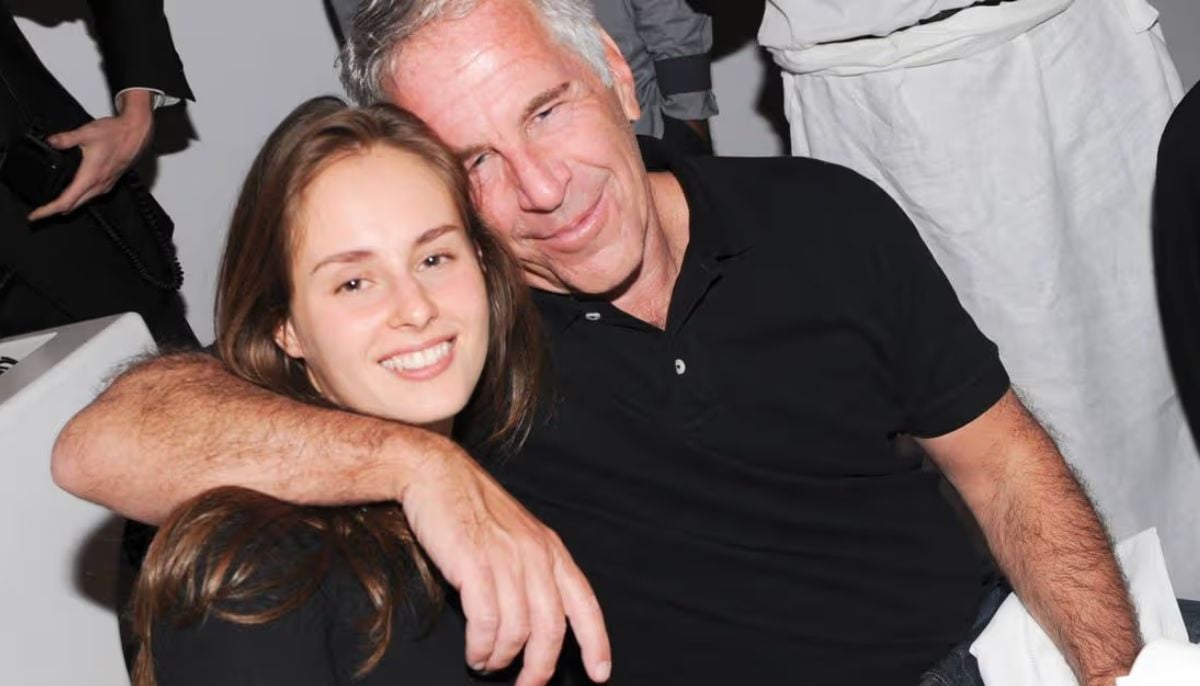Japan imperial couple face heavy burden of tradition
The 59-year-old has not been shy about criticising the sometimes stifling lifestyle imposed on royals, particularly given the struggles his wife Masako faced adapting to imperial life even before becoming empress.
TOKYO: Japan´s new Emperor Naruhito begins his reign facing the delicate task of balancing modernity with the traditions of the world´s oldest monarchy, including protecting his family from the palace´s rigid rules.
The 59-year-old has not been shy about criticising the sometimes stifling lifestyle imposed on royals, particularly given the struggles his wife Masako faced adapting to imperial life even before becoming empress.
And like his popular father Akihito, he has warned of the need to remember World War II "correctly," without downplaying Japan´s early 20th-century militarism.
Born on February 23, 1960, Naruhito was the first Japanese prince to grow up under the same roof as his parents and siblings -- royal children were previously raised by nannies and teachers.
He studied for two years at Oxford University in the 1980s after graduating with a history degree in Japan, and reportedly adorned his residence with a poster of American actress Brooke Shields.
In Britain, he was able to shed some of the strictures of royal life in Japan, mingling with other students as well as the British royal family, and he has spoken fondly of that period.
In 1993, he wed Masako Owada, who became empress when Naruhito assumed the Chrysanthemum throne.
The daughter of a diplomatic family and educated at Harvard and Oxford, Masako left behind a promising diplomatic career of her own to marry into the royal family.
- ´New royal duties´ -
Naruhito promised to "protect her at any cost" as she made the transition, and Masako explained she had sacrificed her career to "make myself useful in this new path".
But she struggled to adjust to cloistered royal life, punctuated only by occasional and highly choreographed public appearances.
She also came under enormous pressure to bear a son because Japan´s imperial succession excludes women. This scrutiny only intensified after she gave birth to Princess Aiko in 2001 -- the couple´s only child.
In 2004, Naruhito accused palace minders of stifling his wife´s personality, in unprecedented public remarks.
"To me, Masako seems worn out in her efforts to adjust herself to life as a royal over the past 10 years... It is also true that there was something that amounted to a denial of Masako´s former career," he said.
He described Masako as "anguished" by the travel restrictions she faced after her previous diplomatic life.
The same year, the palace disclosed that Masako had been undergoing treatment for stress-induced "adjustment disorder" for almost her entire marriage.
Naruhito later apologised for his remarks, but he has called for "new royal duties" to fit modern times.
The pressure on Masako eased somewhat when her sister-in-law gave birth in 2006 to a son, the now 13-year-old Prince Hisahito.
She appeared confident during Naruhito´s enthronement in May and at ease when the royal couple welcomed US President Donald Trump as the first foreign leader to greet the new emperor.
In particular, her ability to converse with first lady Melania Trump in fluent English was well-received.
- Comforters-in-chief -
Before his enthronement, Naruhito followed his father´s lead by hitting back against revisionism on Japan´s role in World War II, with remarks seen by some as a rebuke of Prime Minister Shinzo Abe´s nationalism.
In his first speech as emperor, to mark the end of World War II in August, Naruhito spoke of "deep remorse" over the country´s wartime past, echoing the language employed by his father, Akihito.
Naruhito and Masako are expected to pursue the role of comforters-in-chief crafted by the previous emperor and empress, who won public support for meeting with victims of natural disasters.
The royal couple have expressed their "heartache" over typhoon Hagibis, which killed dozens of people this month.
And there has been speculation that they may visit victims after the ceremonies related to the enthronement proclamation are complete.
Masako´s delicate health may however mean they "will not be able to do the same amount of activities" as the former imperial couple, according to Hideya Kawanishi, an associate professor at Nagoya University and Japanese history expert.
In a statement released on her birthday in December, Masako pledged to do her best despite feeling "insecure" about becoming empress, crediting the "powerful support" of the public for her gradual recovery.
Doctors have warned however that she will need to continue treatment and is susceptible to fatigue.
-
Michelle Obama gets candid about spontaneous decision at piercings tattoo
-
Bunnie Xo shares raw confession after year-long IVF struggle
-
Disney’s $336m 'Snow White' remake ends with $170m box office loss: report
-
Travis Kelce's mom Donna Kelce breaks silence on his retirement plans
-
Hailey Bieber reveals KEY to balancing motherhood with career
-
Hillary Clinton's Munich train video sparks conspiracy theories
-
Woman jailed over false 'crime in space' claim against NASA astronaut
-
Columbia university sacks staff over Epstein partner's ‘backdoor’ admission
